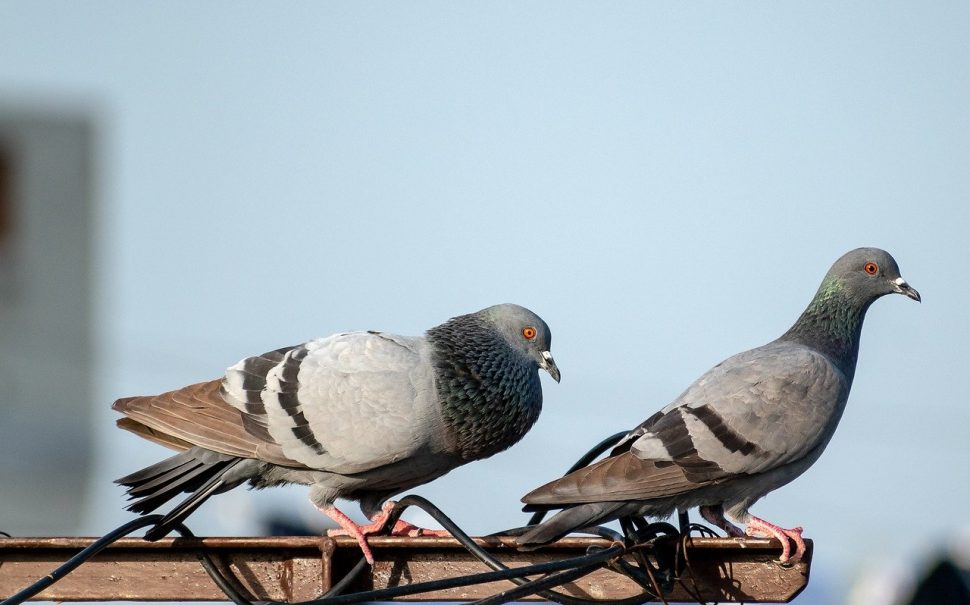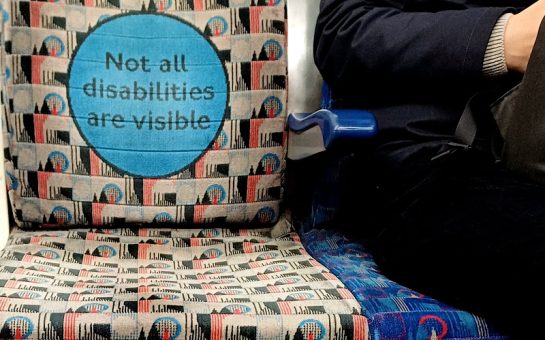Amidst new concerns about bird flu, London’s animal-rescue charities are helping to protect pigeons and challenge their negative reputation.
On 18 March, the Department for Environment, Food and Rural Affairs (DEFRA) published guidance for preventing bird flu through means including avoiding wild birds.
However, independent pigeon rescuer Jacob Peter continues to treat pigeons for conditions like stringfoot, where hair or strings entangling pigeons’ feet cause injuries and infections.
Peter said: “I love all wild birds, but mainly pigeons. They are connected to the angels.
“Even when I’m unhappy in my personal life, when I am going to this kind of rescue, I am typically comfortable.”
He treats stringfoot by removing strings or hair, cleaning the pigeon, and applying medicine, helping the birds regain the ability to walk.
Peter began rescuing birds four years ago, and uses social media to assist his efforts.
His Facebook followers regularly notify him about injured pigeons requiring medical attention.
In January, he met the TikTok creator “The London Spy”, who filmed him treating a pigeon with stringfoot at Paddington Station.
This encounter inspired him to create his own TikTok account, where he posts footage of his pigeon-rescuing work and advice on how to safely feed birds.
Regarding DEFRA’s guidance, he claimed pigeons are not a major source of bird flu.
This is a claim which Sarah Argrave, founder of animal-rescue charity the Starlight Trust, broadly concurs with.
Argrave, who is 47, said she had worked with pigeons daily for 30 years, handling them and their faeces, and had never contracted any disease.
She explained that pigeons are not commonly affected by bird flu, which is primarily contracted by waterfowl, seabirds and birds of prey.
However, hygiene procedures such as disinfecting one’s hands after handling birds remain vital.
About the reputation of pigeons, Argrave said: “I think they get a really raw deal.
“If we stopped and really paid attention to them and looked beyond the myths and the reputations they have, we’d see they’re actually really beautiful birds.”
She said pigeons do not deserve to be seen as disease-carrying vermin, and possess complex social lives and intelligence on the level of some parrots.
The Starlight Trust treats sick, injured, and abandoned pigeons, provides faecal sampling to identify if birds have parasites, and operates a countrywide directory of animal rescue organisations.
This year the Trust will also launch the Pigeon Project, a scheme to advocate for pigeon welfare and bring together pigeon-centric rescue groups.
However, while Argrave praised amateur groups treating stringfoot, she said fine hairs can be so deeply embedded they become invisible to the naked eye.
Such birds should be brought to professional rescue organisations to ensure their injuries are fully treated, Argrave emphasised.
The same is true of birds attacked by cats, as Argrave said injuries from cat claws can easily become infected.
Regarding these amateur rescue groups, an RSPCA spokesperson said it is fantastic to see people and groups proactively helping wildlife.
The RSPCA is currently gauging how DEFRA’s guidance impacts their advice on how to help wildlife.
Those doing so were cautioned to be aware of DEFRA’s guidance surrounding bird flu, avoid contact with birds or their droppings where possible, and check the RSPCA’s advice for treating sick or injured birds.
DEFRA said bird flu is a risk to human health, as it can infect and cause severe disease in people, although this is uncommon.
Since October, four cases of bird flu were confirmed in England, and two cases in Scotland.
In February, bird flu was detected in commercial poultry near East Yorkshire, but currently there are no disease control zones for bird flu in England.





